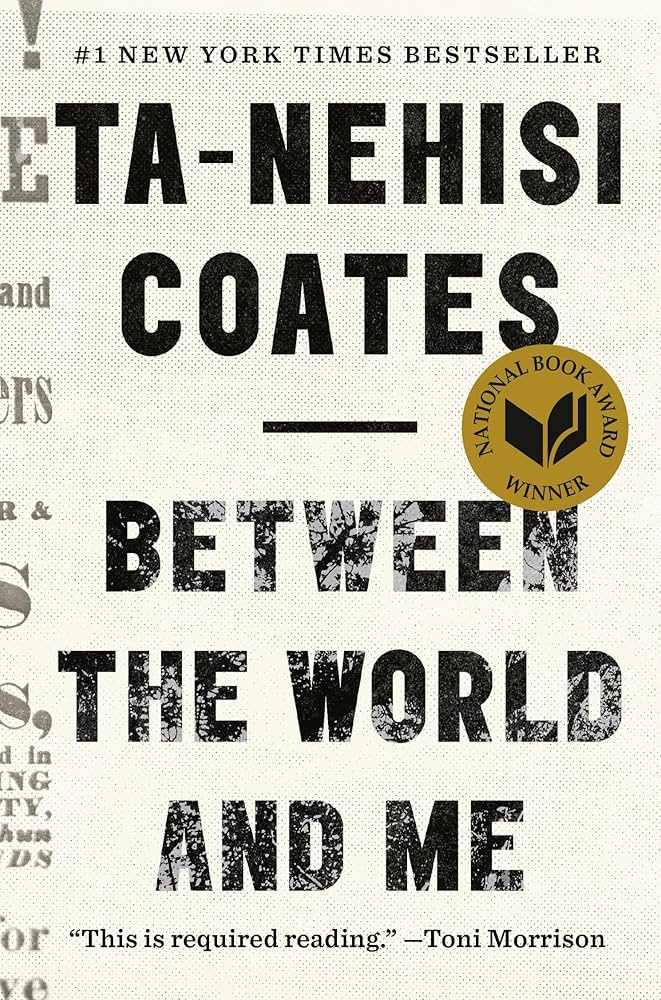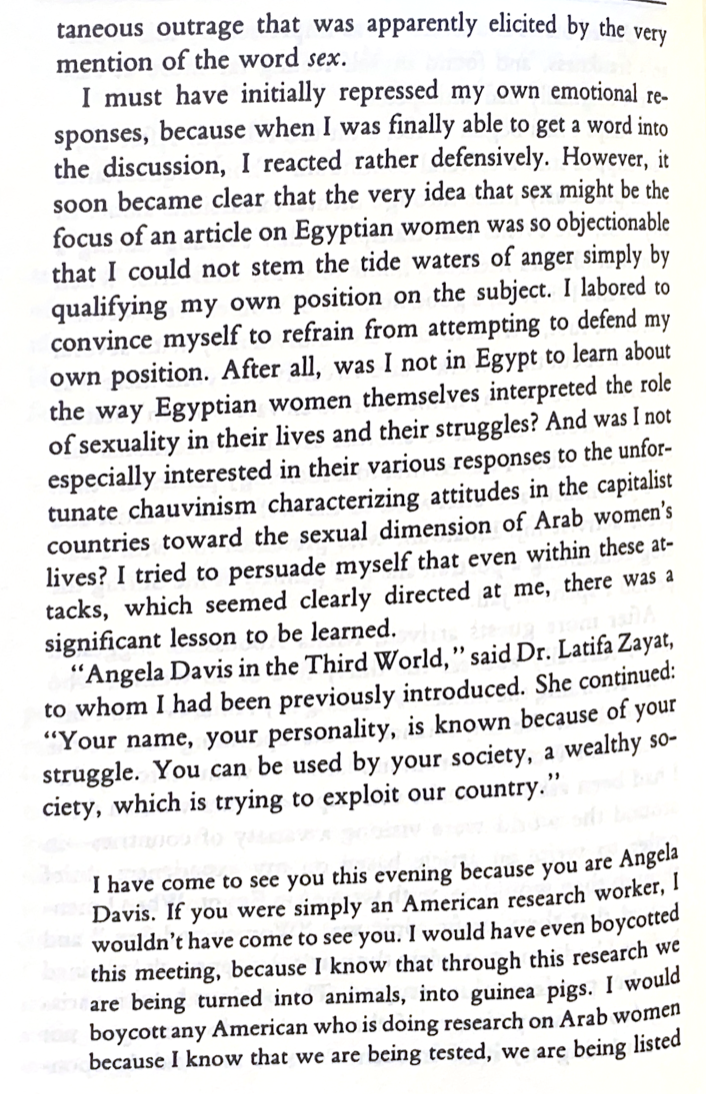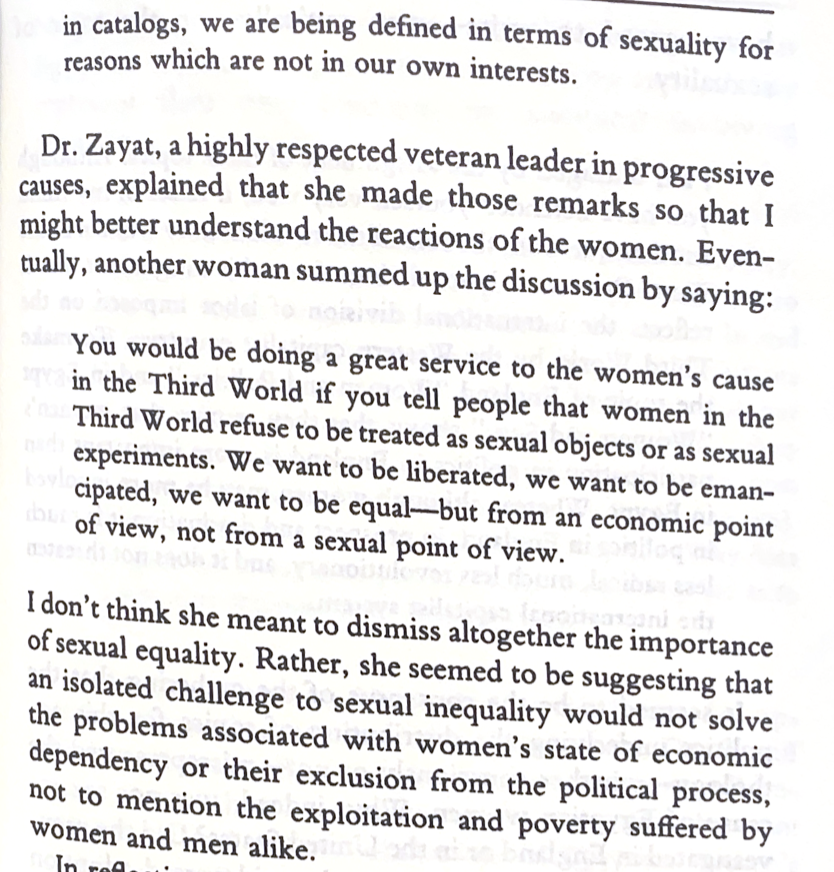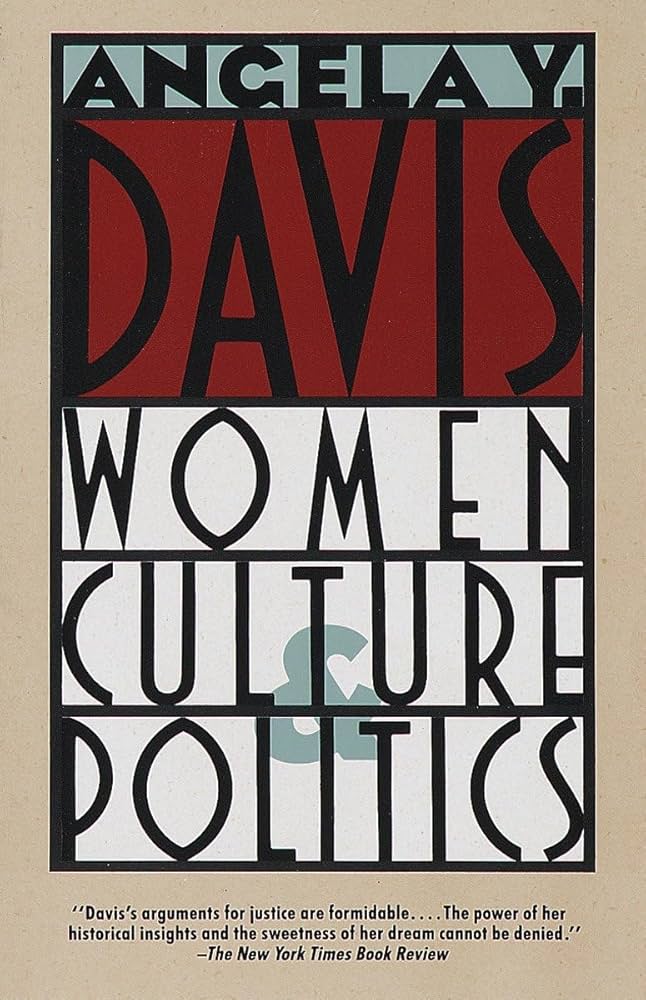☆ review & reflect ☆
12 FEB 2025
| BETWEEN THE WORLD AND ME BY TA NEHISI COATES |
a reflection
This book was so beautifully and poetically written, it’s something my spirit definitely needed at this time. This piece of writing is only 150 pages long, but I feel like the lessons learned and information shared is that which will follow me for the rest of my life. In short, this memoir-esque piece of writing serves as a letter to Ta Nehisi Coates’ son, written from his father’s perspective. Coates speaks about his experience coming into agency of his body as a Black boy growing up in America and as a Black man existing in this country. He relays dozens of “coming-of-age” experiences, from growing up in Baltimore, to discovering who he is through the Mecca that is Howard University, to becoming a father in his 20s. He wrote this piece to his son after the senseless murder of Eric Garner by NYPD police officer Daniel Pantaleo in 2014. There is a specific excerpt of the book that I’d like to share with you all, as I’d like to dive into the theme of bodily agency and autonomy. Coates says:
-------> And you know now, if you did not before, that the police departments of your country have been endowed with the authority to destroy your body. It does not matter if the destruction is the result of an unfortunate overreaction. It does not matter if it originates in a misunderstanding. It does not matter if the destruction springs from a foolish policy. Sell cigarettes without the proper authority and your body can be destroyed. Resent the people trying to entrap your body and it can be destroyed. Turn into a dark stairwell and your body can be destroyed. The destroyers will rarely be held accountable. Mostly they will receive pensions. And destruction is merely the superlative form of a dominion whose prerogatives include friskings, detainings, beatings, and humiliations. All of this is common to black people. And all of this is old for black people. No one is held responsible.
There is nothing uniquely evil in these destroyers or even in this moment. The destroyers are merely men enforcing the whims of our country, correctly interpreting its heritage and legacy. It is hard to face this. But all our phrasing—race relations, racial chasm, racial justice, racial profiling, white privilege, even white supremacy—serves to obscure that racism is a visceral experience, that it dislodges brains, blocks airways, rips muscle, extracts organs, cracks bones, breaks teeth. You must never look away from this. You must always remember that the sociology, the history, the economics, the graphs, the charts, the regressions all land, with great violence, upon the body. <-------
Throughout the entire book Coates speaks about “the Dream.” He never explicitly names or defines the Dream, but based on the context I can conclude that he is referring to the perceived American Dream that all who live in this country knowingly or unknowingly aspire to.
The American Dream that has no other function but to destroy the bodies of the many to fill the pockets of the few. The American Dream that my own parents fled for their lives in pursuit of. The American Dream that coddles the rich but violates the poor. The American Dream that is to blame for every -ism that exists under the sun and the violence that each of them ensures.
The excerpt I pasted above is so important to me, because it highlights the sheer violence and horror that stems from this Dream in a way that forces you to look directly at the belly of the beast. In my experience of talking about racism with people of all backgrounds (but primarily white people); folks tend to speak about the ills of racism through wordy anecdotes, quantitative data, and historical analysis.
None of these things take into account the level of barbarism and violence that is elicited upon the body of the oppressed; the things that are felt and not seen. I commend Coates for making this distinction and relaying it in a way that is so honest and truthful. But I am not here to talk about racism because I feel like I have spent my entire life doing just that, not in an effort to understand it deeply myself but to communicate the nastiness of the beast to those who simply can’t or won’t listen. The truth is that the violence that is racism falls directly upon the body; it is something that is felt more than it is seen. I am lucky enough to have access to the language to be able to communicate it in the way that I do, but the truth is, it is something that all Black people can feel, regardless if we have the words to communicate it or not. So again, I am not here to talk about racism, I could go on and on, it might be better for me to make a video instead because me and that ugly three headed beast go way, way back, but I digress.
I am here to discuss the idea of bodily agency and autonomy through the lens of Coates' writing in contrast to my own experience as a queer, South Sudanese, first-generation Black woman. One of the most important things I took away from this book was Coates' insistence of his son to recognize his body as his own; a gift that was bestowed by our Creator, a gift that he must cherish, protect, and love fully in a world that seeks to destroy it every second of every day.
I have had plenty of experiences in my lifetime thus far that have made me question my bodily autonomy. Being a survivor of sexual trauma in my childhood and adulthood; I have struggled with viewing my body as something that is mine. Too often have I sought out external validation and acceptance of my body; due to this belief that it is not mine to own. I actually wrote a song a few years back where I spoke on one experience of sexual violence that happened when I was in college, when I was just 19 years old. At the end of the song I recited a poem that I wrote, I’ll paste it below:

I think about this poem often, and all these years later, I can’t read the words without mourning the broken child who wrote them. I have worked hard over the last few years of my life to reclaim my bodily autonomy, and through reading this book I have learned that this autonomy isn’t something that is just important for me or my singular life.
This bodily autonomy is the healing power that liberates. It is the Rapunzel trapped in the tower by the powers that be; who know of its unyielding power. It is the secret formula that Plankton risks his life in pursuit of. It is the golden chalice, the holy grail, the gift that God has bestowed so graciously upon her people. This bodily autonomy is where revolution is born from; the idea that I matter simply because I matter. I am simply because I am. And most importantly, I can simply because I can.
It’s an important thing that Black people across the diaspora should employ; the belief that our agency is bigger than the violence that seeks to destroy it. It is through our agency that joy and peace are born; it is through our agency that music is sung, that art is made, that generations are birthed. It is through this agency that we hear laughter and feel sunshine on our skin. This autonomy is our divine connection to our greatest spiritual advisor; and the “American Dream” knows this. The American Dream knows this and that’s why it works so hard to destroy it.
Don’t let them kill your proximity to joy.
Don’t let them kill your proximity to peace.
Don’t let them kill your agency.
Never lose sight of the importance of owning your body; our society thrives off of you giving your power away.
stay blessed
nyarok

☆ review & reflect☆
29 JAN 2025
| WOMEN, CULTURE & POLITICS by Angela Davis |
a reflection
Many, many, many thoughts floated across my brain waves while reading this book; many questions and discoveries and validations sparked as a result of reading mama Angela’s written voice. She touched on lots of topics that are important to my very operation as a femme presenting Black person born, raised, and living in America, specifically through the lense of being born from African immigrant parents.
From reproductive justice, the Black woman’s movement as experienced through the scope of the Reagan administration (juxtaposed against my current experience of life amidst a second Cheeto term… yikes…), sexual violence against Black women, Black women’s health, Black women’s connection to women’s liberation movements across the globe, capitalism, education, art and healing. She wrote about these many things affecting the very intricate fabric that is the Black woman’s experience on this earth.
This book took me back to a monumental moment when I was in college, the time I read Hood Feminism by Mikki Kendall. This piece is brilliant, particularly in the way that it dives deep into the importance of intersectionality within the women’s movement. Where mainstream, white feminism primarily caters towards the cis-gendered, able-bodied, wealthy or educated white woman; intersectional feminism centers Black women, women of color, nonbinary people, LGBTQIA+ identifying people, people with disabilities, women in poverty, uneducated women, and ultimately anyone under the sun who identifies with the economic, political, sexual, and personal liberation of all people. We hate white feminism 🤮️ and truthfully, I barely like using the word feminism all together... but I digress. Topic for a different day.
What I loved about Women, Culture & Politics specifically is the way that these topics tied directly into the on-the-ground work that mama Angela has done in her lifetime. I absolutely loved reading about her many global and national experiences, the many things she learned in relation to these topics she is so passionate about. It’s interesting the ways that this piece of writing by a 45-year-old Angela Davis in 1989 is extremely relative to the life I am living now, as a 24-year-old first generation Black woman in America. So many juxtapositions, similarities, and nuances were noticed while I read, but I wanna take a second to touch on some key takeaways in this likkle rambling of thoughts.
One of my favorite parts of reading this book was the first hand accounts of some of Angela Davis’ global engagements. She spoke about her experiences at conferences, forums, and speaking engagements in various parts of the world. In the summer of 1985, she attended an international assembly in Nairobi, Kenya called Forum ‘85; sponsored by non-governmental groups and organized by the Kenyan Ministry of Culture and Social Services. She also wrote about an experience in which she traveled to Cairo, Egypt to research the lives of Arab women in seeking to understand their liberation struggle as it relates to that of the Black woman in America. In this particular part of the book, she made way for an idea that I think is really important in addressing the oppression of women and non-men outside of the western world; women’s issues do not revolve solely around sexuality.
In short, she was sent to Cairo to write a piece on sexual violence against Egyptian women as it relates to their struggle for liberation. Specifically, she was sent to research female genital mutilation and women’s rights in relation to Sharia law. When she arrived and began conversing with women, many of whom were higher class academics and leaders (which opens up another topic for a different day… because in my opinion; wealthy and/or educated women are NEVER an accurate representation of the struggles of women in any culture, anywhere across the globe, but AGAIN! I digress) she found that her speaking towards Egyptian women’s sexuality as if it were the apex of the women’s freedom movement in Arab culture was extremely distasteful.
An excerpt from the book:


In the west, we tend to see the struggles of folks across the globe as an extension of what we know to be true of their lives, their struggles, and their existence based on our very biased viewpoints; which 9 times out of 10 is inaccurate and nothing more than an agent of the very same white supremacist ideology that we are actively fighting so hard against. Who are we to say we know and understand what women across the world need in order to achieve liberation based on our American perspectives? Why do we always seem to think we know the correct answers? Why do we speak so passionately, so “academically”, about the lives and experiences of those who do not come from where we come from?
Truthfully, I admire Angela Davis for her ability to be able to recognize her own biases and write about them in an objective way; in a way that shows her willingness to show up, learn, and change. I pray and hope that I am able to achieve this level of transparency within myself in this lifetime, God knows I’m working on it. In my experience within the spaces of community organizing that I have both been part of and witness to, people tend to try to show up perfect every time. I’m not sure if it comes from a space of ego, from a space of trying to “prove”, or from a space of not wanting to be wrong; because honestly I find myself falling into the same habit often. I do believe that in most cases, it doesn’t come from a place of malicious intent. Maybe it’s a mix of anxiety, insecurity, ego, pride, lived experience, emotion, or a whole bunch of other things that I don’t necessarily want to spend time diving into.
All in all; I think the real truth is that no human is perfect, and the best that we can do is learn, try, and welcome change!
We all have a set of unique experiences that shape our experience as human beings, and in order to truly make change we want to see in this world, it’s necessary to exist in a state of analysis and learning. First within ourselves, and then within the world around us. Why do we do the things we do? Why do we think the way we think? Why do we react the way we react? Why do we speak the way we speak? And in asking these questions, above all else, it’s necessary to give ourselves grace while continuously pushing ourselves beyond the limit of our own experience.
It is my hope in this new year of life to really welcome this spirit of analysis and learning. Not from a place of seeking SOMETHING at the perceived end of it, more-so from a place of wanting to control what it is that I know I can control: my innerworld, the one that exists in my mind, in my body, and in my spirt. The innerworld that needs my focus, willingness, and dedication to bring about change in my external world.
The world is burning, Mother Nature is angry, people are dying, whole ethnicities are being genocided, children are starving, every single day: across the globe and within my own neighborhood, within my own city. In a world where everything is on fire, why not spend the time and the resources I have to exist in a state of perpetual learning? Taking the time to analyze myself allows me the space and foundation to go out and analyze the greater world, all in an effort to learn LIFE, to soak up and experience all I can in this lifetime because I never know when it will be over.
I am grateful that this book landed in my lap the way it did and at the time that it did, shoutout to Jackson Street Booksellers and their extremely tiny Black author section, you did me good this time, and for that I am thankful. The history learned, the lessons discovered, and the fire that’s been lit under me is extremely necessary in this part of my life. And if you made it to the end of these random ramblings, I hope this inspires you to dig deeper into the works of Angela Davis and other Black women writers, teachers, and elders of our time. May the world we hope to create for our children and our children’s children be an extension of the work that was done before us and a result of the work we set out to do.
stay blessed
nyarok
![]()

